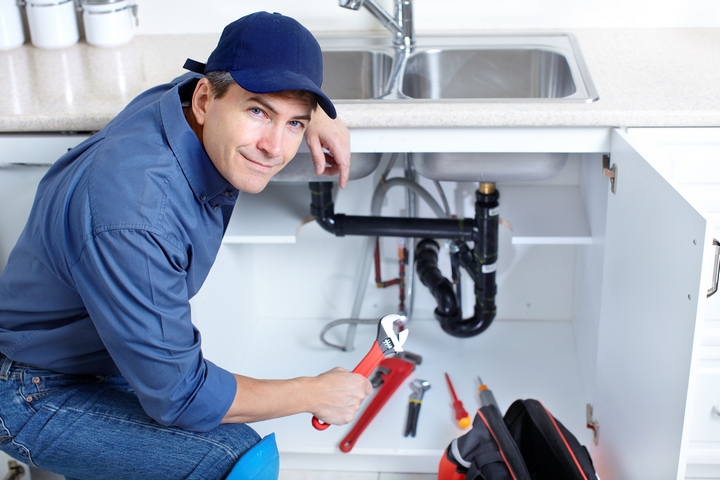When it comes to house upkeep, water misconceptions can often cause unnecessary confusion and financial errors. From thinking that putting grease down the basin is harmless to believing every leakages are easy DIY repairs, a lot of homeowners are deceived by myths that can cause to significant plumbing concerns. Understanding the truth behind these misperceptions not only assists you defend your home and also guarantees you're taking knowledgeable choices about the time to handle problems yourself and the time to reach out to in the specialists.
In this article, we will disprove a few of the widely known water misconceptions, illuminating topics ranging from emergency scenarios like a leaking line to the correct way to care for your water heater. We will also look into the importance of employing certified technicians, the newest pipe technology, and how stop frequent problems ahead of they worsen. With a better awareness of water truths, you can conserve moments, cash, and worry while caring for your house's pipe system successfully.
Common Water Problems and Resolutions
Homeowners often face a variety of plumbing issues that can appear overwhelming but are usually manageable with the right approach. One of the most frequent issues is a dripping faucet. This not only wastes water but can also lead to higher water bills. To fix it, you can start by turning off the water source, removing the faucet handle, and swapping the worn-out washer or O-ring. emergency plumber wexford can save both water and money.
Another common issue is obstructed drains, which can be due to the accumulation of scraps, grease, and hair. Proactive measures include using strainers to collect debris and refraining from pouring grease down the sink. If a clog happens, a plunger or a plumbing snake can often clear it. For stubborn clogs, a mixture of baking soda and vinegar may assist break down the blockage without chemicals without resorting to harsh chemicals.
Finally, many property owners face challenges with water heaters, such as low hot water or leaks. Consistent maintenance is crucial to avoiding these problems. Flushing the tank every year removes sediment buildup and prolongs the life of the heater. If you notice inconsistent temperatures or signs of leakage, it might be time to reach out to a licensed plumber to assess the situation and make sure your hot water system is operating safely and efficiently.
Pipe Care Tips
Routine upkeep is key to preventing common plumbing problems and guaranteeing your system functions efficiently. Start by looking for any indications of leaks around faucets and tubing. Just a minor leak can cause increased water bills and substantial damage over time. Additionally, regularly check your water heater for any evidence of rust or scum buildup, as this can impact its efficiency and lifespan.
To avoid clogged drains, use sinkhole covers to collect hair and debris. Avoid flushing anything other than human waste and toilet paper down the latrine. Watch what you dispose of in the sink, especially grease and food scraps, as these can collect and result in blockages. Occasionally flushing your drains with a mixture of baking soda and vinegar can assist keep them clear.
In conclusion, periodic maintenance should not be ignored. In winter, ensure your pipes are protected to stop freezing, and in the spring, check for any problems that may have occurred over the winter months. Keeping up with maintenance not only assists you avoid costly repairs but also makes certain that your plumbing system remains reliable throughout the year.
Urgent Plumbing Issues
When confronted with a plumbing crisis, immediate action is essential to avoid further harm to your home. Common scenarios that require urgent attention include broken pipes, flooding toilets, and severe leaks. Determining the source of the problem quickly can help you decide whether to handle it on your own or contact a licensed plumber. Understanding how to shut off your water supply in an urgent situation can also reduce the effects of water damage.
In cases like a pipe break, it is important to act swiftly. First, shut off the primary water supply to your home to stop the flow of water. Next, remove any items that may be affected by the water, and if safe, begin to clean up the area to reduce the risk of mold or further issues. If the destruction is extensive, do not wait to contact a professional plumber who can evaluate and fix the situation efficiently.
In conclusion, being prepared for plumbing emergencies means understanding what assistance are available and when to contact a professional. While some minor issues can be handled independently using DIY techniques, more serious problems, especially those that need specialized tools and skills, are best left to certified plumbers. Their education and experience not only assist to resolve the problem but also ensure it won't happen again in the long run.

